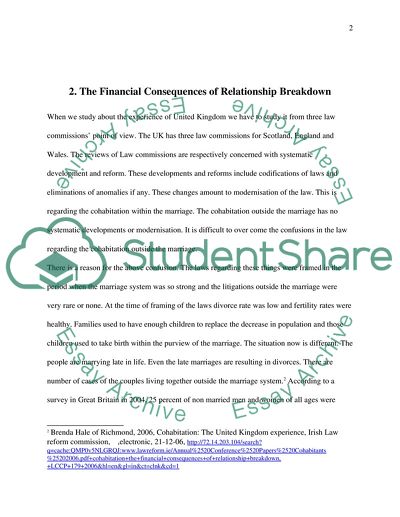Cite this document
(“Land Law: Property rules governing the Claims of Cohabitants Essay - 1”, n.d.)
Land Law: Property rules governing the Claims of Cohabitants Essay - 1. Retrieved from https://studentshare.org/law/1525376-land-law-property-rules-governing-the-claims-of-cohabitants
Land Law: Property rules governing the Claims of Cohabitants Essay - 1. Retrieved from https://studentshare.org/law/1525376-land-law-property-rules-governing-the-claims-of-cohabitants
(Land Law: Property Rules Governing the Claims of Cohabitants Essay - 1)
Land Law: Property Rules Governing the Claims of Cohabitants Essay - 1. https://studentshare.org/law/1525376-land-law-property-rules-governing-the-claims-of-cohabitants.
Land Law: Property Rules Governing the Claims of Cohabitants Essay - 1. https://studentshare.org/law/1525376-land-law-property-rules-governing-the-claims-of-cohabitants.
“Land Law: Property Rules Governing the Claims of Cohabitants Essay - 1”, n.d. https://studentshare.org/law/1525376-land-law-property-rules-governing-the-claims-of-cohabitants.


